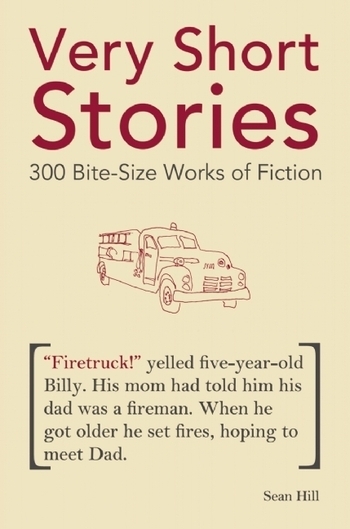The next few weeks I want to focus on how to advance your writing career while still working on your first novel. Writing a novel is a long and difficult process. Though some experienced writers can knock out a 90,000 word manuscript in a couple of months, us newbie writers might take several years writing our first novel. For most of us, we’re working 40 hours a week and taking care of families, while trying to squeeze in precious writing time on the side. And once the first draft is written, you still have to edit it! The whole process from idea conception to book on a shelf can take years.
Can we, as emerging writers (or even established writers), afford to spend those novel writing years NOT working in other ways to advance our careers? Not really, no.
Though your primary efforts should stay focused on completing your novel, you should also devote time and energy into at least 3 other categories:
1. Publishing short stories.
2. Professional development.
3. Social networking/promotion.
Today we will focus on publishing short stories. I’ll address the other two categories in subsequent posts.
Publishing Short Stories
You know those times when you’re stuck in your novel? Perhaps burned out? Bored and just need a change in pace? It happens to everyone, and it’s normal. When those times come, instead of becoming frustrated with yourself and giving up, or even forging on and ending up with forced-sounding writing, take a break and write a short story.
Short stories are categorized thus:
1-500 words = flash fiction
600-1500 words = short short story
1600-5000 words = short story
5100-10,000 words = long short story
Of course the exact word cut-offs are flexible, but those are the general categories. There are numerous literary contests and magazine publications that are calling for short story submissions in every category, from genre fiction, to literary fiction, to creative non-fiction.
By writing and submitting short stories, you accomplish several very important goals:
1. You keep yourself fresh and interested in writing by occasionally changing the project you’re working on.
2. You hone your writing skills, practicing different styles and genres, while getting valuable, regular feedback from friends and beta readers.
3. If you win contests/successfully publish stories, you not only gain prestige and visibility, you also often get paid or win prize money. That money can go toward paying for writing conferences, classes, or even go in a savings account for future publication expenses.
4. You have a proven track record of writing, giving fans something to read while you work on your novel, and giving agents and publishers something to look at as you petition them for representation or a book contract.
A few words of advice as you seek to implement, or continue implementing, the principle of writing short stories and a novel at the same time. First, don’t get too distracted from your main goal, your novel. Though writing short stories on the side can be very profitable and important, you won’t finish your novel unless you devote time to it.
Second, I would avoid entering contests that require submission fees, at least at first. There are many reputable contests out there that don’t charge entry fees. As a new writer you should avoid spending out too much money in entry fees while you’re still honing your craft and don’t have as great a chance of winning. Once you’ve won a few contests or published a few stories, and you’re confident in your skill and writing style, that’s when you can start paying to enter contests with bigger stakes. At that point you have a better chance of getting a return on your investment.
Not sure where to find contests or magazines to submit to? If you have a little bit of money to invest (5.99 per month or 39.99 for a year, I went with the year), subscribe to Writer’s Market online and get access to their huge database of contests, publications, and agents. You can save and categorize your searches, set up notifications for deadlines, and more. They also have a submissions page where you can track what stories you write, where you submit them, if they were accepted, what rights you sold, what you were paid, etc. (Disclaimer: I am not compensated in any way to promote Writer’s Market. It is a service I use and find valuable, and believe their prices are fair. I would recommend it to any writer who can afford it.)
If you don’t have money to invest, there are many free sites that have smaller or larger databases of contests. In the end, a simple Google search will also do you wonders.
Start out with Poets and Writers, an excellent organization with boundless resources for writers, including a contest database.
I, personally, have written five short stories in the past six months and have published two of them. The other three are all going through the submission process. Each time I get a rejection slip, I send them into another contest or publication. My plan is that by the time I’m ready to publish my novel, I’ll already be known and established, thus giving my novel a better chance at success!
What have your experiences been? Do you have any advice to share on how to balance writing short stories and working on your novel at the same time?
Next week we’ll take a look at some ways to start building your platform now through social networking, instead of waiting until your novel is ready to publish. You can follow me on twitter, just look for @LydiaSherrer. Thank you for reading and sharing!
(Your cute for the week: Gizmo supervising my teeth-brushing from the top of our toilet. Apparently I can’t be trusted to do it right on my own.)




Recent Comments